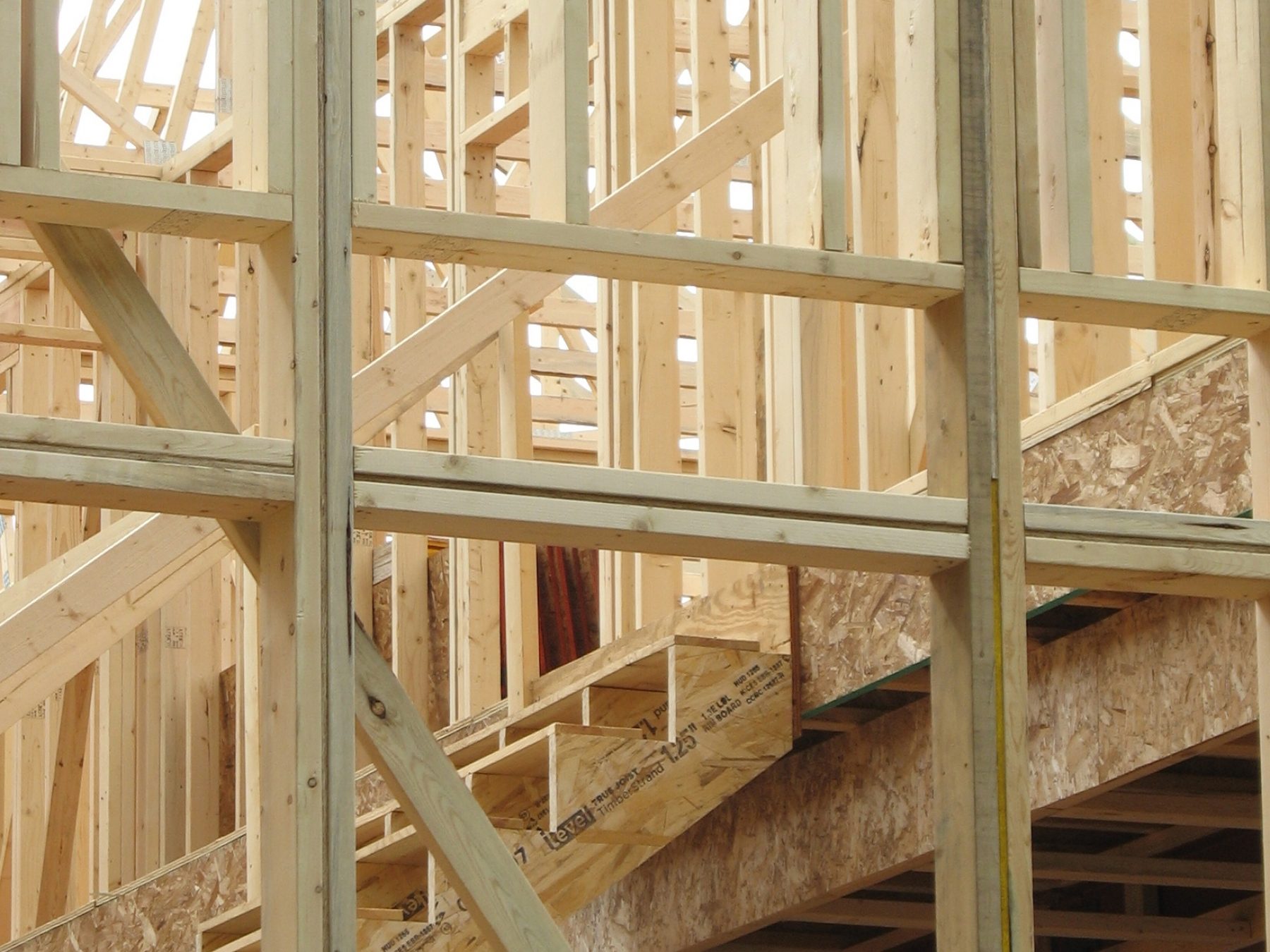Material price increases – can I pass on costs to my client?
Posted on July 07, 2021
In the residential building industry, an explosion in demand for new homes and renovations supercharged by the Federal Government’s HomeBuilder Grant stimulus and other stimulus programs overseas, has resulted in significant supply constraints on building and raw materials.
The result is a steep increase in the cost of timber, steel, and sanitary ware over the last six months. The price of materials continues to rise and we are aware of instances where builders are struggling to secure materials and/or lock in prices with their suppliers.
Implications for builders
The problem is that, by and large, contracts signed to date don’t permit the builder to charge the increased cost to the owner.
It is important that builders consider the type of contract they will be using going forwards. In South Australia, there are two basic forms of contracts that are used in the domestic construction industry – lump sum or fixed priced contracts and cost-plus contracts.
Fixed price contracts and prime cost
Under a fixed price contract, the builder agrees to bear any costs above the fixed price except for those costs incurred because of variations requested by the owner. There may also be a change to the price because some items in the contract have been prime costed.
Prime cost refers to the supply of an item which cannot be determined at the time of the contract signing. For example, fixtures and fittings such as tapware, appliances and tiles which have not been selected at the contract signing stage. When the actual cost of a prime cost item is known, the amount charged to the owner is determined by reference to the actual cost plus the builder’s margin. The contract price is then changed accordingly.
The volatility of material prices that is currently being experienced in the residential construction industry means that consideration should be given to prime costing items where it is appropriate to do so. However, you need to be mindful that the law still requires you to provide best estimates when items are prime costed. Therefore making a material (such as timber) a prime cost item just because the price for that item when it comes time to order it is not known, is unlikely to be appropriate and may not be enforceable.
Cost plus contracts
A cost-plus contract is where the homeowner agrees to pay the actual cost of building works plus the builder’s margin (up to a maximum of 15% of the actual costs). Many owners perceive that such arrangements lack certainty with respect to costs however that view is misconceived.
From a builder’s point of view, cost plus contracting is extremely risky and our advice is to avoid cost plus contracting where possible.
From an owner’s point of view, cost plus contracting is rarely an effective way to reduce the cost of building.
Rise and fall clauses (RF)
A rise and fall clause (also known as an escalation clause) is a contract provision under which a price stipulated for building work may change to reflect changes in the costs of labour and material to be incurred by the builder.
Whilst RF clauses are legal in South Australia, there are rigid rules and tests that the builder must meet if they are to rely on the benefit of such clauses.
For instance, the contract must be for completion of the work within a specified period (you must have a specific finish date). There must be a right under the building contract to an extension of time for the period of any delay.
Furthermore, the delay must have been the fault of the owner or due to some cause beyond the builder’s control that the builder could not reasonably be expected to have foreseen at the time the contract was made. Knowing that material prices are on the rise might mean that the builder cannot say that price rises were not reasonably foreseeable, but that will depend on the particular circumstances.
As if that isn’t enough, the builder must as soon as reasonably practicable after becoming aware of the likelihood of delay in completion of the building work, give notice in writing to the owner extending the period for completion and specifying the cause of the delay. The builder must complete the work as soon as reasonably practicable in the circumstances.
Conclusion
The advice in this article is of a general nature and should not be relied on. If you need contract advice or assistance with rise and fall special conditions for inclusion in your building contract then please reach out to us, we can help.



